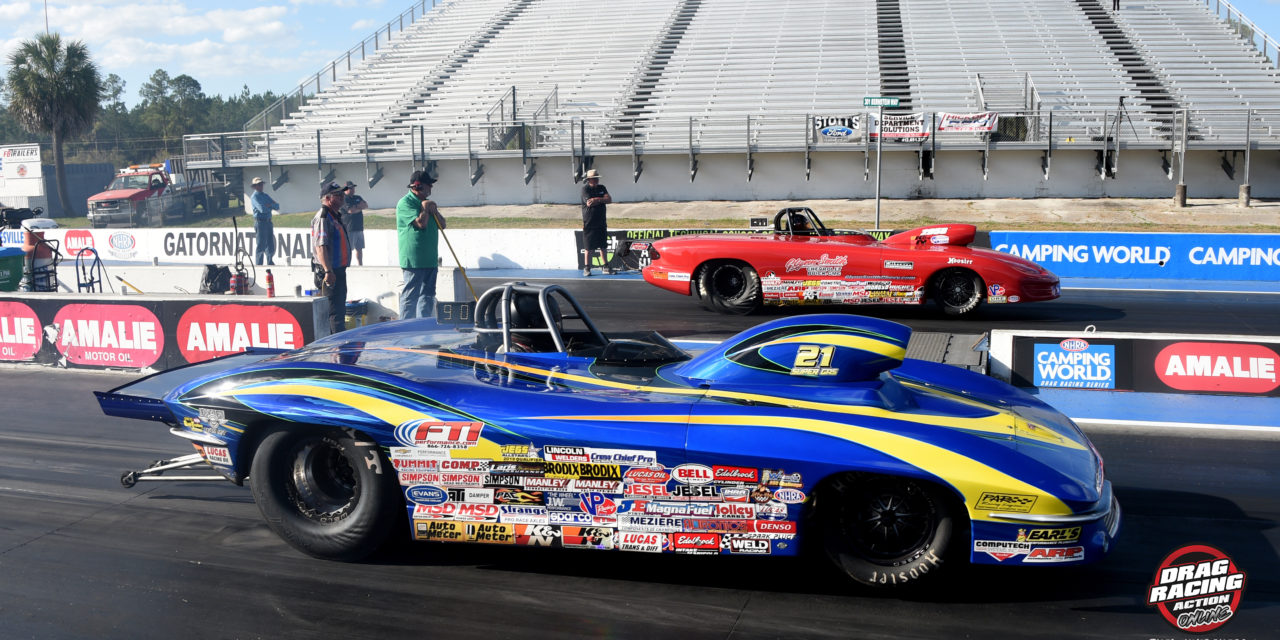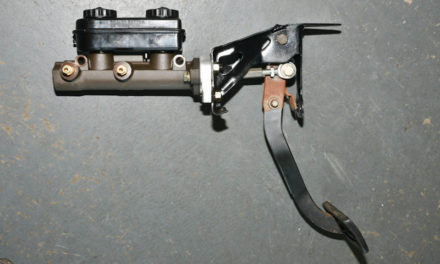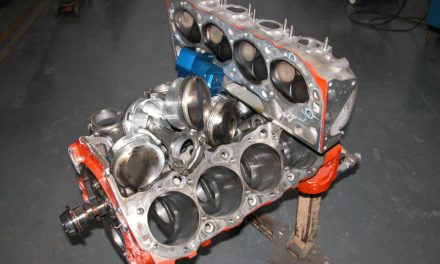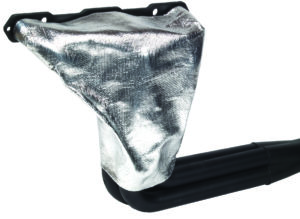
Pros vs Joes

In addition to drag racing, I also like to play golf. It has many of the same characteristics including being about the individual, super frustrating at times and takes a large amount of time and money to get good. One of the biggest differentiators though is when a typical participant compares themselves to the pros. While the PGA guys are playing the same sport, they are on a completely different level. Sure, I could buy the same clubs, have their caddy and play at the same course, but there is no way I could even get close to making the types of shots they make. For one, the course is set up way differently when a tournament comes to town. The level of difficulty for their greens is staggering. I read an article from a professional caddy saying that a scratch golfer at a typical course would struggle to break 100 on a pro level tournament course. This is to be expected a little as this is what they do for a living and if it was easy, everyone would do it.
Conversely though, in sportsman drag racing that is not necessarily the case. The pros of the sport are beaten all the time by the typical joes. While I would say that the pros of sportsman drag racing are on a different level, it isn’t that far away from a good local racer. The differences mainly come down to the ability to be at the top of their game round after round and being used to the pressure of late rounds with a lot of money on the line. They also have the advantage of running multiple cars at an event, being able to buyback whenever possible and racing more than 40 weekends a year. Many of these guys put over 500 runs a year on their cars. That is an extreme amount of data that a typical racer can’t even fathom. So, with the advantages of the professional sportsman racer, how is it that a typical guy can beat them at any given event? I think the two main reasons are the proliferation of 1/8th mile racing and the technology advances of our equipment.
While there have been 1/8th mile races forever, the big money bracket racing world has gravitated toward this almost exclusively for the last two decades. While many reasons went into this decision, it allows for quicker races and less likely for major incidents. The downside to it for racers is that everything is more consistent. If my car varied 0.02 – 0.04 in the 1/4 mile, it probably only varies 0.01 – 0.02 on the short track. This leaves a lot less room for error on both ends of the track for the more experienced drivers to try to get it on. Also, since the speeds at the 1/8th mile is less, the amount of finish line taken will also be less. For instance, a car that goes 180 mph in the 1/4 will go about 144 mph in the 1/8. To take 0.01s of finish line on this car is 31.7” at the 1/4 mile while you need to tighten that up another 6.5” at the 1/8 mile for the same result. This is a big deal when many of the races are decided by a few thousandths of a second.
The other major factor is our equipment. It is just too good. The engine, cars, transmissions and electronics that are used in most dragsters are almost as consistent as the timing systems. There is little to no work that needs to be done between rounds or even at the track. In days past there at least needed to be some minor maintenance performed to keep things running right. Not so today with the materials used in the engines barely needs to be looked at annually for most racers. All it takes to have the same equipment as the pros is a fat checkbook.
The question of this becomes is it an issue? It depends how you look at it. From trying to get new people into the sport, maybe yes and maybe no. They might look and see different people winning and get excited about the potential. They also might look at the rising costs and say that it’s too expensive to try. From a local or regional racer though, I think it keeps it interesting. They budget a few big events a year with the hope of going home with some extra money and maybe attending more if they get rolling. It is tougher for the professional, but hey, this is what they do. I think that no matter what changes, the guys who do this for a living will still consistently win, it just may not be as sure a thing as it was in the 80s and 90s.
Is this an issue that we should look to solve? Maybe with IROC style races of pre-prepared cars? Let me know what you guys think on this topic. -Franklin DiBartolomeo






